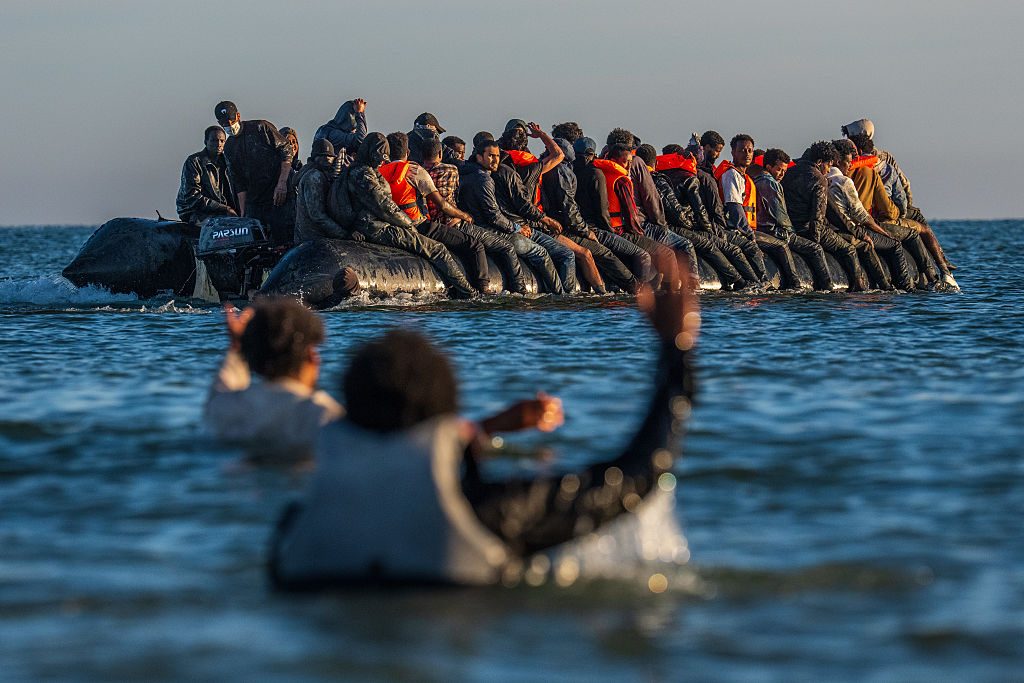New data has revealed that the number of sexual offence convictions for foreign nationals has increased by over 60% in four years. In the last year, they have accounted for one in seven sexual offence convictions, even though they make up only one in 10 people in the total population. While the increase in sexual offences perpetrated by British citizens should not be ignored, foreign nationals are heavily over-represented. Why is that the case?
Much of the surge in sexual offence convictions in the UK is linked to unprecedented levels of legal immigration. Post-Brexit immigration reforms under Boris Johnson — the so-called “Boriswave” — flooded the UK with migrants from Nigeria, Pakistan, and India (the last of which has the unwanted label of “the rape capital of the world”). In 2024, citizens from these countries were among the top 10 nationalities convicted of sexual offences. Despite their Commonwealth ties, all three countries grapple with rampant sexual violence and deeply patriarchal institutions — from police to courts — that shame and marginalise female victims. Indeed, rape and other forms of sexual abuse were dominant but oft-overlooked features of both the 1947 Partition and the 1967 Nigerian Civil War — a tactic used to dishonour and humiliate “rival” communities.
But to purely focus on the post-Brexit explosion in non-EU migration misses the bigger picture. Looking at the marked growth of sexual offences in the UK, the roots of this crisis can be traced back to the EU’s 2004 Eastern European enlargement that took place under Tony Blair’s Labour government. Romanian and Polish migrants rank among the top non-UK nationalities convicted of sexual offences, highlighting how organised sexual exploitation and human trafficking continue to plague Central Europe. Whether it was EU freedom of movement or the post-Brexit liberalisation of non-EU migration, the UK has failed to exercise quantity and quality control in the sphere of immigration policy — which in turn has had a corrosive effect on British public safety.
Along with the failures over legal immigration, the ongoing small boats emergency is fundamentally undermining the safety of women and girls in the UK. New immigration data published by the UK Government last week showed a sharp rise in “detected irregular arrivals” for the year ending June 2025. Nearly 50,000 migrants were detected, and 88% of them reached the UK by crossing the English Channel on a small boat. In the first half of 2025, 70% of the small-boat migrants caught crossing were mostly young males from Afghanistan, Sudan, and Iran.
The unchecked importation of single unattached males — largely from deeply patriarchal Muslim-dominant societies — means the small boats crisis is now an established threat to female public safety in the UK. So what can be done to solve the problem of sexual violence? Firstly, there must be total reform of the immigration system, moving it towards a rigorously selective model that prioritises higher-skilled migrants from functioning democracies with comparable standards of living and compatible sociocultural norms.
Much of the British Right wants to leave the European Convention on Human Rights. But a simpler way to deal with the small boats crisis is to pass new laws. These laws would block parts of the 1998 Human Rights Act and treaties like the 1951 Refugee Convention. The result would be a tighter asylum system and an effective deportations regime to protect public order and social cohesion.
Immigration restrictionism and a tougher asylum policy would go some way towards clamping down on the rising level of sexual offences in the UK. But it must be backed by serious political willpower. Without decisive action, the surge in sexual offences will continue unchecked, leaving communities at risk and stretching law enforcement to the breaking point.
